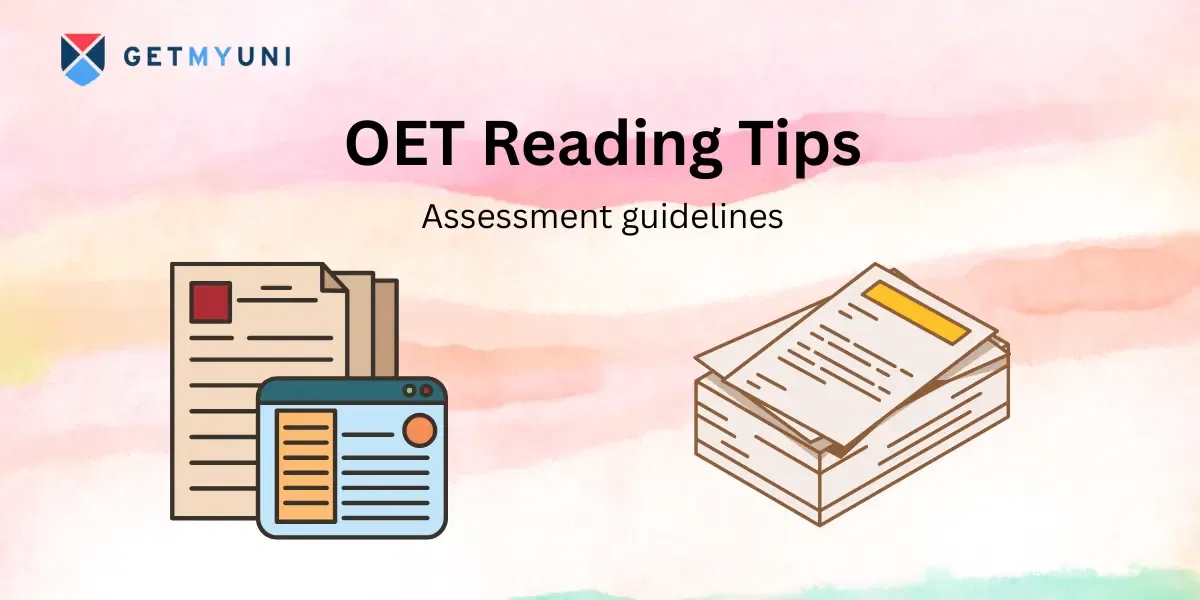Calculate your IELTS score using the IELTS Score Calculator. Convert bands score into marks for each section (Listening, Reading, Writing & Speaking) and calculate the composite score.
A high IELTS band score is essential for candidates seeking admission to a renowned university abroad. Top colleges like Harvard Business School, University of Oxford, and London School of Business admit candidates with IELTS Scores above 7.5. Using the IELTS score calculator, students can calculate their sectional and overall band scores.
Aspirants who score towards the higher end of the 0-9 band score for IELTS have a better chance of getting into their desired university for higher studies. Thus, the score in IELTS Exam plays a very important role in deciding a candidate’s fate. This article provides complete details about the calculation of the overall band score and component score for the IELTS exam.
IELTS Overall Band Score
Scores of each section of the IELTS exam are calculated, and an average is taken of all the four sections, rounded off to the nearest whole or half band. The maximum score that a candidate can get is 9. A score above 6 is generally considered good, and the candidate can get to top institutes in the world if he/she has an overall band score of more than 7.
Example: If a candidate has scored 6.5, 6.5, 5 and 7 in each of the sections, then his/her average score will be 6.25, and the overall band score will be 6.5 (rounded off to nearest half band).
IELTS Exam Details
Every year, authorities like IDA and British Council conduct IELTS Exam to test the conversing ability of a non-native English-speaking candidate in the English language.
IELTS stands for International English Language Testing System, an exam whose score is used as a criterion for migration and for pursuing higher education in countries like Australia, New Zealand, the UK etc.
This exam mainly tests four basic skills to check the language proficiency of the candidate in English. These skills are Listening, Reading, Writing and Speaking. To test these skills, a 2 hours and 45 minutes exam is there, in which the candidate has the choice to appear for the exam either online or offline mode.
IELTS Component Band Score
Component band score refers to the score that a candidate has in individual sections or a score in either of Reading, Writing, Listening or Speaking section. Let us now understand the band score distribution as per the IELTS score calculator in each of the following components:
- Component Band Score in Listening Section
- Component Band Score in Reading Section
- Component Band Score in Writing Section
- Component Band Score in Speaking Section
Component Band Score in Listening Section
IELTS Listening section contains 40 marks. IELTS score calculator for the listening section is as follows:
| Band Score | Score (out of 40) |
| 9 | 39-40 |
| 8.5 | 37-38 |
| 8 | 35-36 |
| 7.5 | 32-34 |
| 7 | 30-31 |
| 6.5 | 26-29 |
| 6 | 23-25 |
| 5.5 | 18-22 |
| 5 | 16-18 |
| 4.5 | 13-15 |
| 4 | 10-12 |
| 3.5 | 8-10 |
| 3 | 6-7 |
| 2.5 | 4-5 |
The listening section is divided into 4 subsections which are:
- Conversation between two people in an everyday social context: This section contains 10 marks. Candidates have to listen to a conversation between two people and answer questions based on them. There is a total of 10 questions, and each question has 1 mark associated with it.
- A monologue in an everyday social context: This section also contains 10 marks. A candidate is asked 10 questions based on a speech or monologue, and each correct answer will add 1 mark to the total.
- Conversation between four people in Academic context: The candidate can score a maximum of 10 marks in this subsection. A candidate has to answer 10 questions after listening to a conversation between 4 people, and each question he/she answers increases the IELTS Score by 1 mark.
- A monologue in the academic context: This section contains 10 marks. A candidate needs to answer 10 questions based on the speech. Moreover, these questions will be based on an academic topic.
Component Band Score in Reading Section
IELTS Reading section contains 40 questions, and each question contains 1 mark. Marking is the same for the Academic and General Training test. However, the academic test generally has more difficult vocabulary than the General Training test.
IELTS score calculator for the reading section is given below:
| Band Score | Score (out of 40) |
| 9 | 39-40 |
| 8.5 | 37-38 |
| 8 | 35-36 |
| 7.5 | 33-34 |
| 7 | 30-32 |
| 6.5 | 27-29 |
| 6 | 23-26 |
| 5.5 | 19-22 |
| 5 | 15-18 |
| 4.5 | 12-14 |
| 4 | 10-11 |
| 3.5 | 8-9 |
| 3 | 6-7 |
| 2.5 | 4-5 |
Component Band Score in Writing Section
The writing section has two parts. The first part is the letter and the second part is an Essay. Each part is assessed on the following parameters:
- Task Achievement (Letter) and Task Response (Essay)
- Coherence and Cohesion
- Lexical Resource
- Grammatical Range and Accuracy
Each parameter has 25% of the total marks given for that part. IELTS score calculator for the writing section takes an average of all individual scores in order to calculate the final score for the section.
Component Band Score in Speaking Section
IELTS Speaking section has three parts and just like the Writing section. All three parts will be evaluated based on marks obtained in the following sections:
- Fluency and Coherence
- Lexical Resource
- Grammatical Range and Accuracy
- Pronunciation
IELTS score calculator takes the results of performance in each parameter into account, and the final result will be the average of all individual scores. Based on the above information, through the help of IELTS score calculator tables, candidates will be able to estimate the IELTS score they are going to get, and it will be helpful to identify the gap between targeted and actual IELTS test scores.
Calculation of Overall Band Score
IELTS score calculator considers a candidate's score in each of the four parts of the exam. Through the average that the candidate got in the whole exam, the candidate can predict their skill level by checking it against the description given below:
Band 9-Expert User: The candidate has full command of the language, and the use of English is appropriate and shows a complete understanding of English language.
Band 8-Very Good User: The candidate has fully operational command of the language, but there are occasional unsystematic inaccuracies and inappropriate usages.
Band 7-Good user: The candidate has a good command of the language. However, misunderstandings are there in some situations.
Band 6-Competent user: The candidate has an effective command over the language, despite some inaccuracies.
Band 5-Modest User: The candidate has partial command over the language and can cope up with the overall meaning of the situations, although he/she is liable to make mistakes.
Band 4-Limited user: Basic competence of the candidate is limited to familiar scenarios. The candidate has a problem in understanding and expressing language.
Band 3- Extremely limited user: The candidate is only able to understand the general meaning of a familiar situation.
Band 2- Intermittent User: The candidate is facing difficulty in understanding and speaking the English language.
Band 1- Non-User: The candidate has no ability to use the language except in isolated cases.










